Here are the best watches of the year: should you care?
The watch industry's biggest awards ceremony has been run and won, but does it really represent the best of the best?
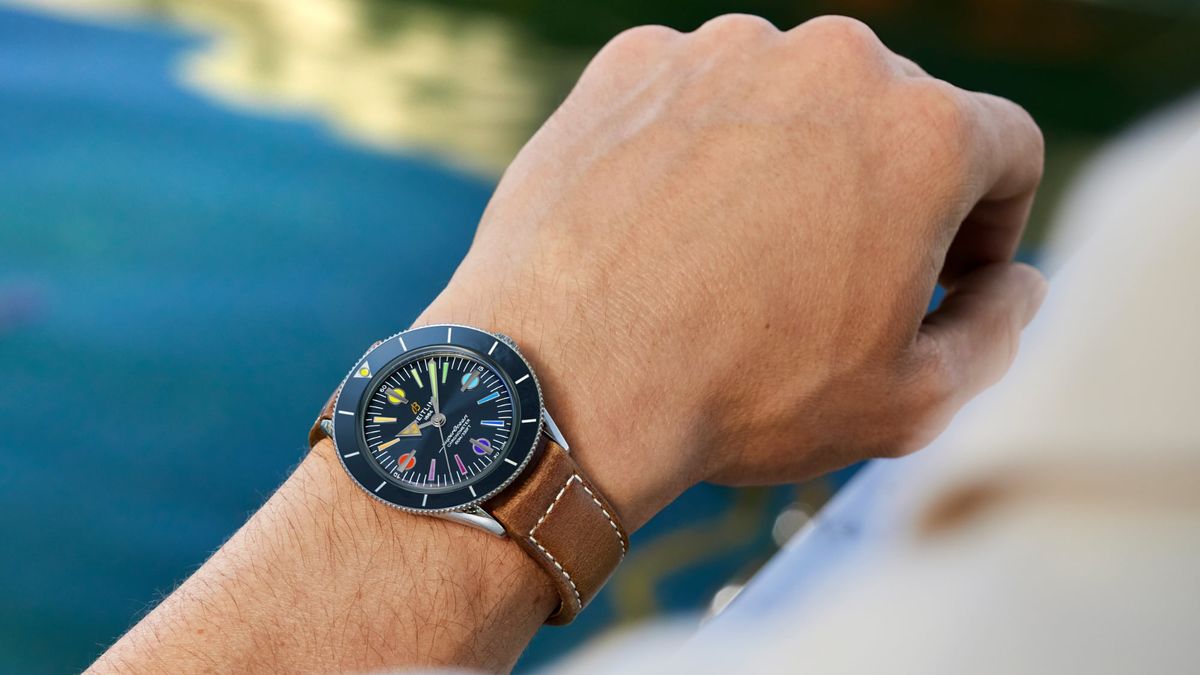
Every industry has its milestone award: a glitzy gala "night of nights" event of red carpets and celebrities, movers and shakers, trophies and speeches.
For the watch industry, this is the annual Grand Prix d'Horlogerie de Genève (GPHG). It is, as they say, The Oscars of Watchmaking.
Any watch brand can submit any commercially available watch (up to seven, in fact) for consideration into any of the 14 categories (best men's watch, best jewellery watch and so on).
Then there's a convoluted voting process involving shortlists, an academy and a jury which eventually turns into a list of winning watches that are awarded a tiny golden hand statue, along with the prestige that goes along with the being acclaimed by your peers.
Yet the GPHG isn't a sweeping, authoritative assessment of the world of watches.
Of the 18 watches to win awards this year, I'm willing to bet that there are only seven names you're likely to recognise, and that's assuming you pay more than passing attention to the advertisements in glossy magazines.
Nobody wants to lose
This cuts to the heart of what's wrong with the awards. The GPHG is not representative: it relies on brands to self-submit, and many do not.
The biggest players in the industry – Patek Philippe, Rolex and Omega, to name a few – don't participate. Others enter watches only when it's on their terms. The reason for this is simple: the don't want to lose.
When you're already a burnished power brand which doesn't need the exposure or a questionable credibility bump the awards afford, even the possibility of not winning means there is absolutely no incentive to enter in the first place.
The watch business is competitive enough without turning it into a literal competition.
The other side of this coin is that it shines a light on some great watchmakers doing generally exciting things, which is all well and good, but is it indicative of the 'best watches of the year'? I'm not so sure.
Ultrathin for the win
With those caveats in place, which watches got the gong at GPHG 2020?
This year's winner of the overall prize – the Aigullie d'Or, or Golden Hand – went to the frankly incredible Piaget Altiplano Ultimate Concept.
This watch is a mind-boggling bit of engineering and craftsmanship that sees the entire watch measure just 2mm thick. To put it in perspective, this is exactly the width of a humble 10 cent piece.
Unsurprisingly, you'd need an actual truckload of such coins to get your hands on one of these wonders of the watchmaker's art, with prices starting north of $600,000.
And while it's hard to argue that this winner isn't ever going to be a watch 'for the people', there's enough skill and sheer bravura at play here to make it hard to disagree with this selection.
Best in show
Two categories that are always of particular interest – because they are, by design, full of watches you might actually be able to buy – are the Petite Aiguille (for watches priced between roughly $6,000-10,000) and Challenge (for watches $6,000 and less).
The Challenge category delivered a winner that few could argue with, the Tudor Black Bay Fifty-Eight in blue.
Tudor edged out a sporty quartz Breitling and a pack of quirky independent contenders to take the prize.
There's no doubting that the Fifty-Eight is a great all-round watch, and represents solid value for money: but as far as winning choices go, while safe, it doesn't really bring anything new to the table.
Breitling took home the gong in the higher-priced Petite Aiguille category, with a well-deserving watch, a limited edition version of their Superocean Heritage '57: a retro diver with rainbow hour markers.
Not only is this colour combination quite cool, but funds from the sale of this watch will go to frontline healthcare organisations bearing the brunt of the Covid-19 Crisis. Breitling will donate around $750,000 in total.
The GPHG's addition of an academy of 300-odd people goes someways to democratising the selection process.
Perhaps the next step is a legitimate 'peoples choice award', which still bears the weight of the award, but is free of the politics and select-entry criteria.
And, just to continue the thought exercise further, I think the winner in this hypothetical category could well be the exceptional Seiko Prospex SPB143J.
This capable and stylish dive watch boasts features you wouldn't expect on a watch that retails for $1,895 (if you find it in stock).
So while the GPHG awards aren't representative, the criteria unclear and some of the winning watches are odd and out of touch, at its best, these awards celebrate ingenuity and creativity – and that's always something worth striving for. You can check out all the winners here.
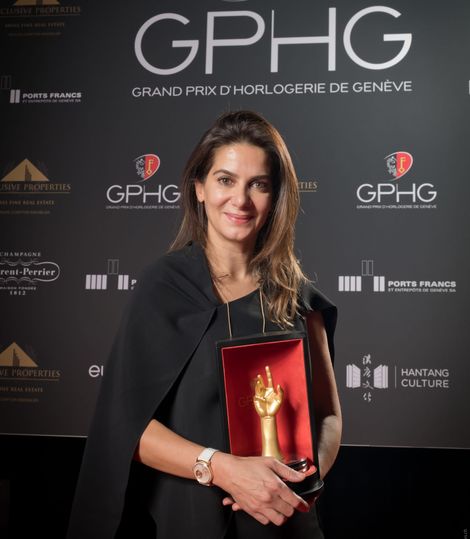
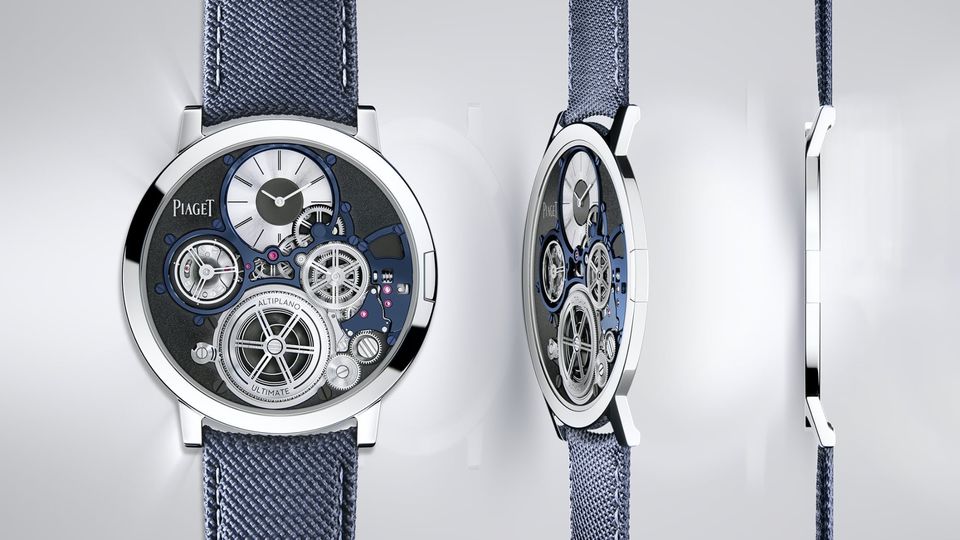
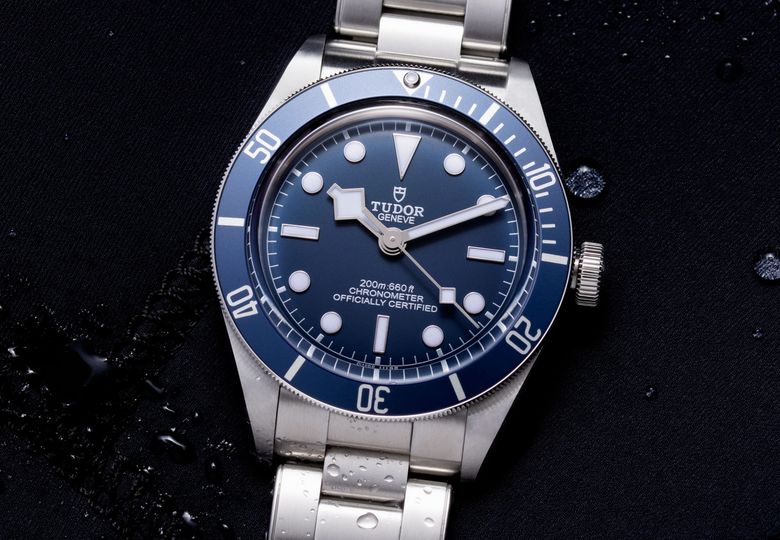
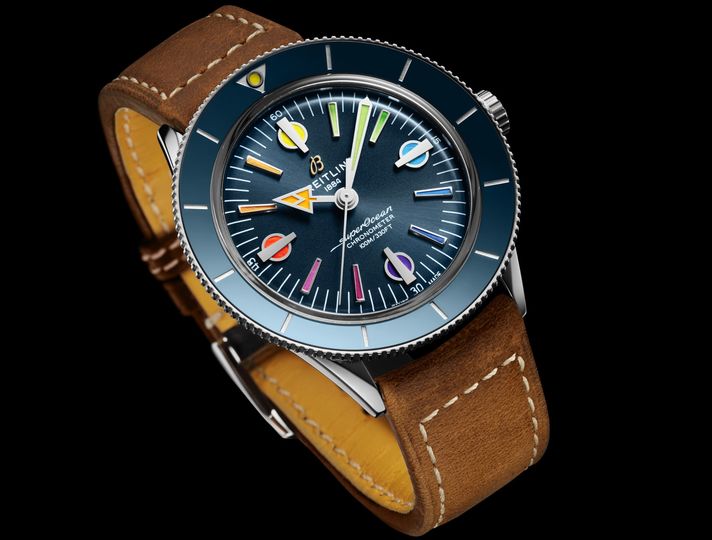
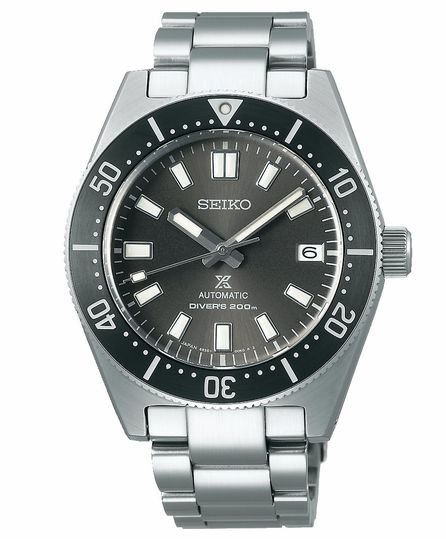

Hi Guest, join in the discussion on Here are the best watches of the year: should you care?